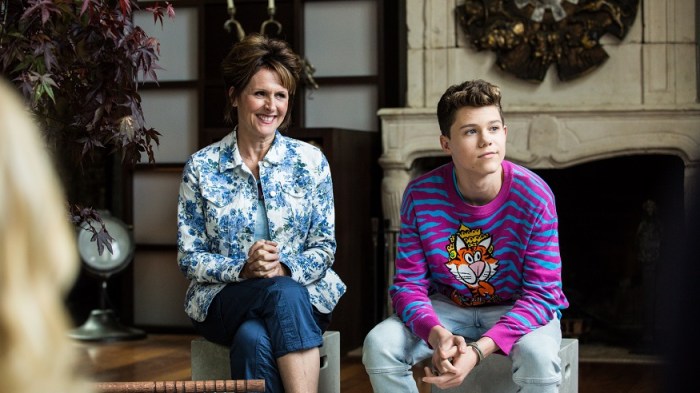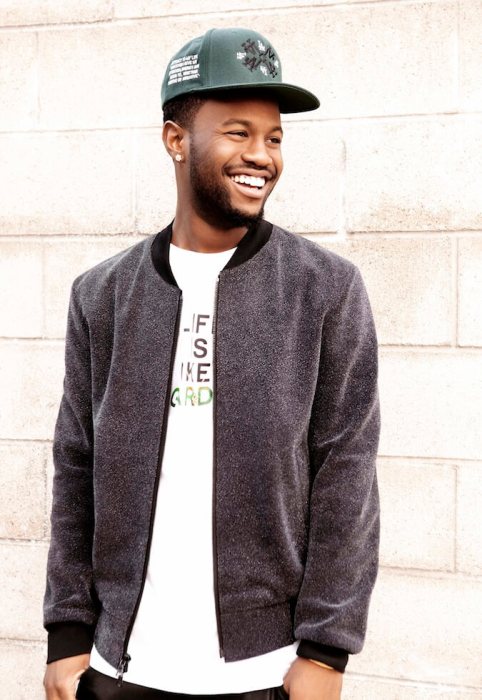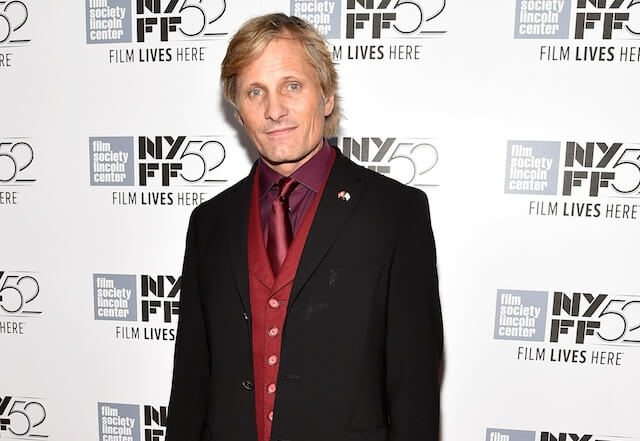When we spoke last October during the New York Film Festival, Kristen Stewart had not yet become the first American female actor to ever win a Cesar — France’s equivalent of the Oscar — for Olivier Assayas’ “Clouds of Sils Maria.” But she was still ecstatic about it. In the film she plays Valentine, the harried but cucumber cool personal assistant of Maria Enders, a Juliette Binoche-like superstar played by Juliette Binoche. That allowed her to mock the film industry and the gossip machine from a safe remove. The two actresses paired together to talk about their rapport, and, in Binoche’s case, to whip out one hell of a laugh. Juliette, your breakthrough, 1985’s “Rendez-vous,” was written by Assayas, and you reunited for his 2008 film “Summer Hours.” You instigated this project. What was your original concept? Juliette Binoche: I wanted him to deal with the feminine. I didn’t know exactly what it would be, but I was imagining these characters exchanging roles. I talked about Bergman. I said, “C’mon, you love Bergman! You made a book of interviews [from 2008]!” And I was a little frustrated on “Summer Hours,” as an actress. I thought he was shy and hiding. I said, “I was missing you!” Kristen Stewart: It’s like, “I want to know you!”
JB: “I want to know you,” yeah! And he said to me, “Give me two weeks and I’ll tell you whether I like it or not.” Then he called me and said, “I have the subject.” A year and a half later he gave me the script It’s pretty honest about what goes on in the life of a middle-aged actress. What was your reaction to it?
JB: I was shocked! I didn’t expect it to be that way at all. I was provoking him [big, hearty laugh] and I got slapped back!
Kristen, you were supposed to be Jo-Ann, a younger actress ultimately played by Chloe Grace Moretz, but you insisted on taking Valentine instead. Why was that?
KS: That part is fantastic, but it’s just not for me. It was something I knew so well that it wasn’t interesting to me. I know Valentine so well, but I’ve never done it before. It’d be more interesting to say I gravitated towards the project because of the statements it made and the commentary that it is. But it was the emotional part that I really loved. And there’s more irony and more layers steeped in her dialogue if it’s coming out of my mouth. It’s just the way it is. I’ve been there, I’ve been smack-dab in the middle. To directly address the media and talk about what precarious bulls— it can be sometimes and how we starvingly consume people — that was fun. I had to erase the glee from my face while saying those lines. [Laughs] I had to try to not look so excited about it. There are elements of old-school mindf—s here, including bits of “Persona” and “L’Avventura.” But it’s still played realistically. JB: I love films where you don’t know what’s real and what’s not real. When you dream, you wonder if it’s reality or not. It’s the same with life. You never now if you’re living or if it’s fiction. [Laughs] Film really represents that well. And also to show what roles do to actresses was very meaningful for me. There’s not a lot of films about actors having to go through emotions. Who wants to get up early in the morning and think about death or whatever — of your love or your child or your parents. You have to go through emotions without identifying with them, because the emotions are not yours. But you still have to go through them. My character in the beginning doesn’t want to go through that. It’s hell. She doesn’t want to go through hell. Her life is already difficult and complex. KS: It’s smart that it acknowledges you can never fully step outside yourself. It’s delusional to think actors are playing other people. It’s always you. It’s versions of you, but it’s going to take a toll. It fills you back up with something else, but at the end of the day it’s [laughs] taxing. Your characters have such a comfortable rapport. How did you develop that? JB: We took some appointments to help us develop our relationship. [Big, hearty laugh] When you like someone you like someone. We became close in a natural way.
KS: If we hadn’t, the movie would not have been good. Because I am not a liar. If this [points to her and Binoche] was not solid and this was not stimulating…This woman makes me think more than most people that I’ve worked with. I’m constantly sitting there in between everything going [makes a thinking face]. She perplexes me a little bit, which is absolutely the right dynamic. We didn’t have to fake it. Kristen, were you consciously seeking European roles?
KS: No. I’ve always gravitated towards American filmmakers who have a bit more fluidity and the balls to explore and live in something and don’t need to control it so much, in a way that’s not solely designed for the consumer. I am so lucky because not many young American actresses get this opportunity. The parts don’t exist. Is it getting better, or do you have to just go to Europe to get the great roles? Or is that just a cliche? KS: If you were to get a consensus, then, yeah, absolutely. There are so many conventions in female roles in the States that it almost becomes — I mean, it’s so cliche, as you say — it almost becomes stifling. And it’s contagious. All of a sudden you think it’s not going to be commercial and easily consumable, people are not going to make it. It’s either going to be the tiniest, tiniest, tiniest movie ever, or it’s just never going to happen. I read really great scripts all the time that are different and go against convention and say something new. And they can never find legs. They never get made. It’s a cliche because it’s true. Follow Matt Prigge on Twitter @mattprigge
























